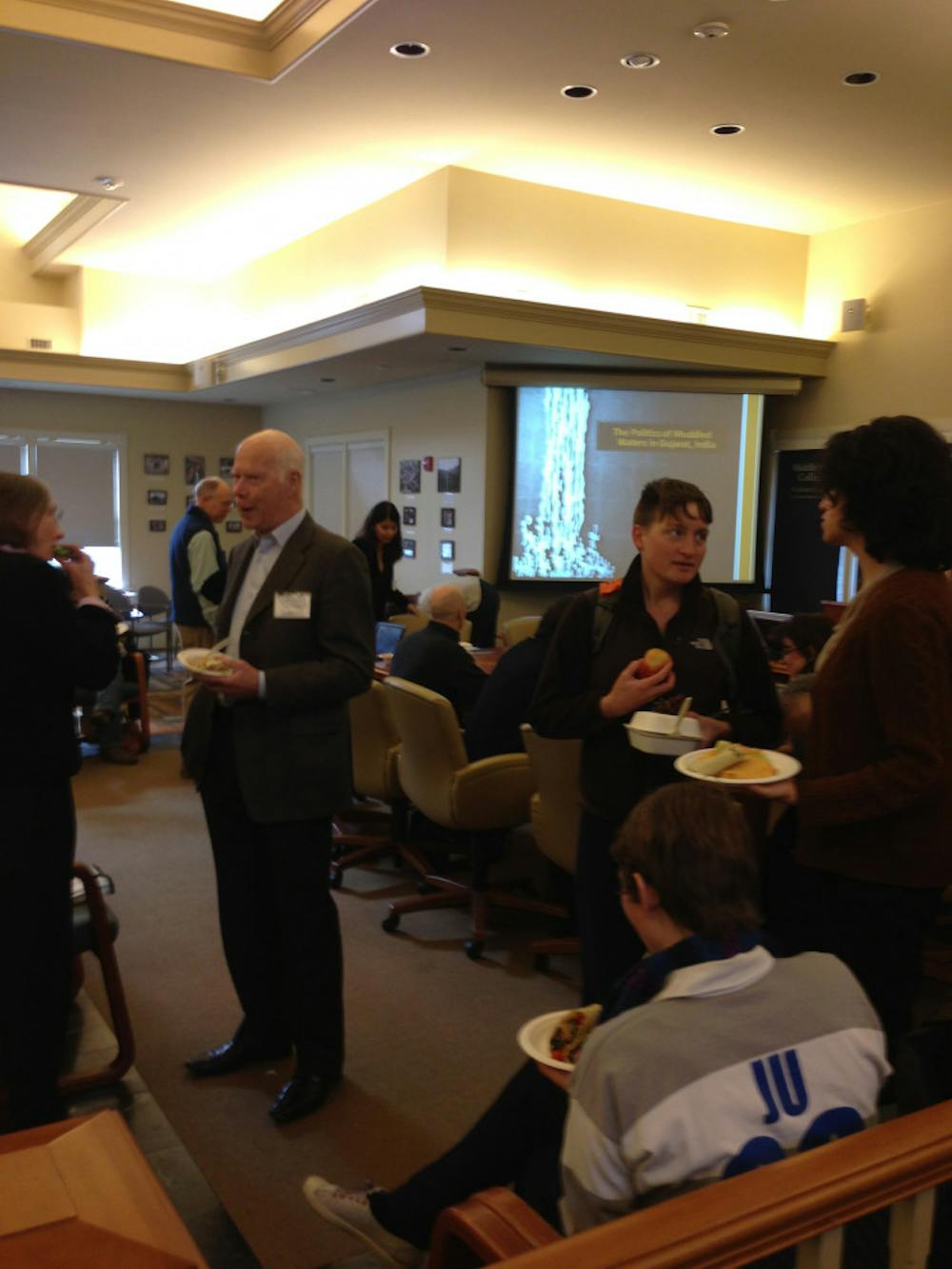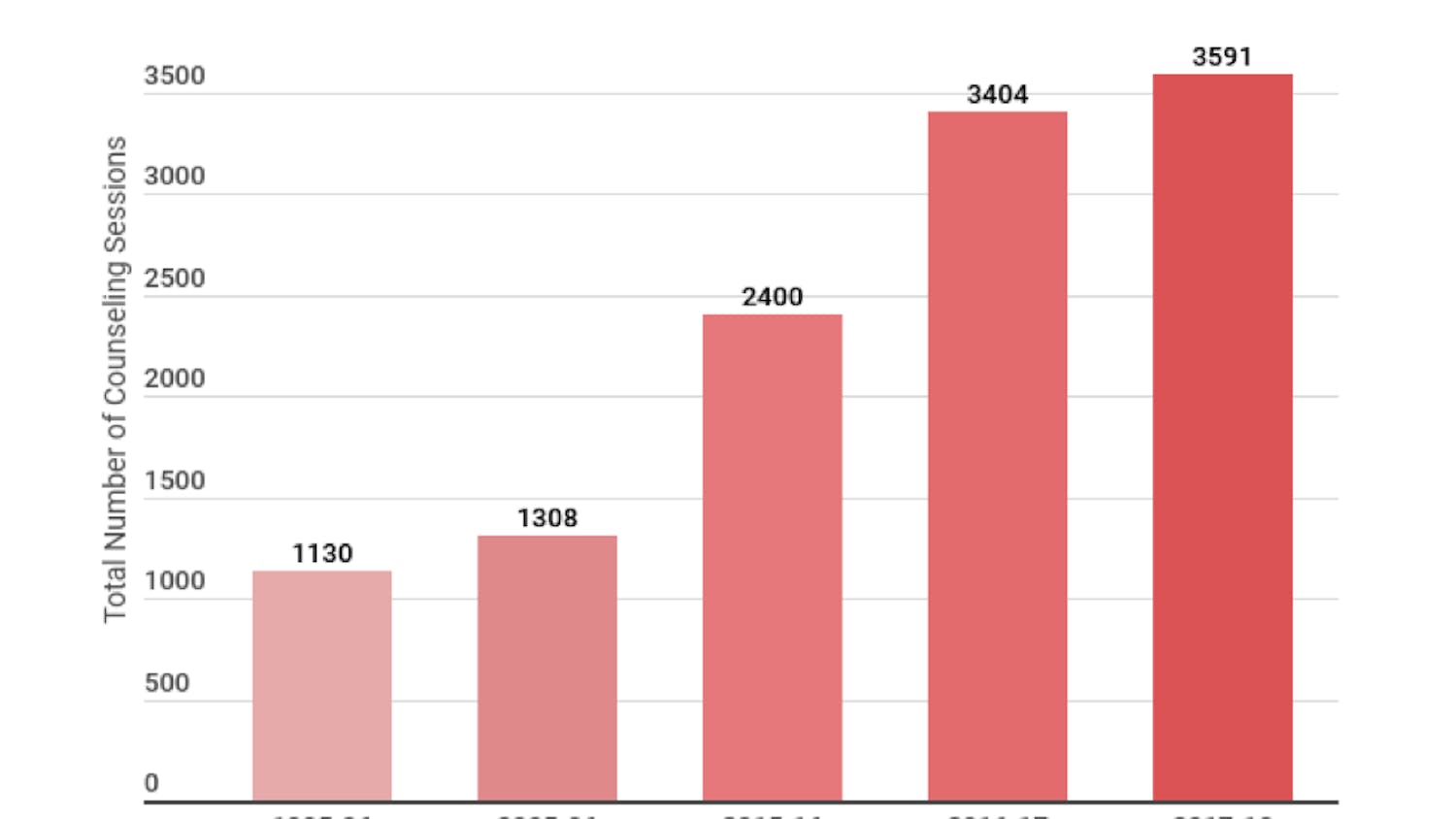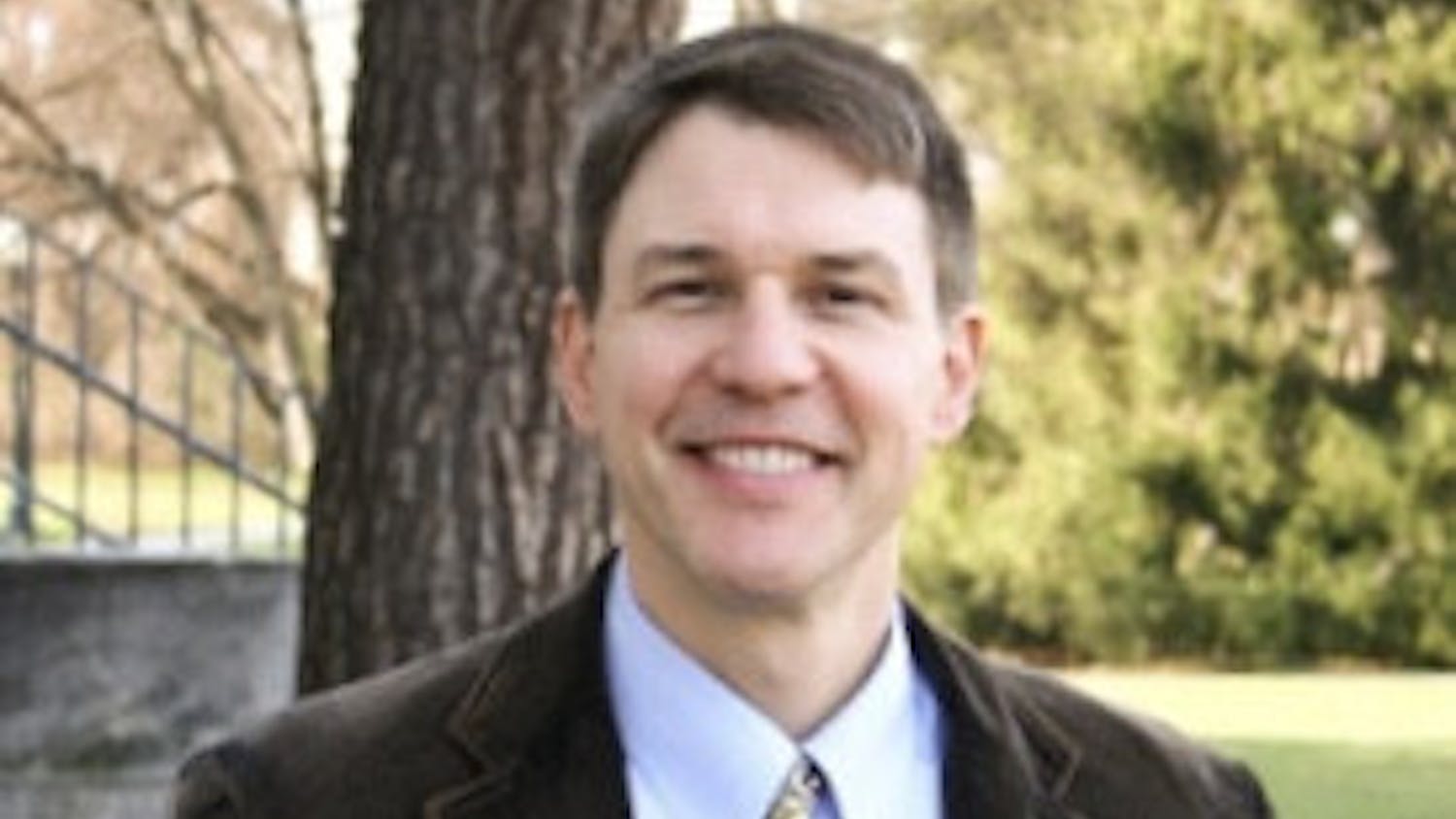The Rohatyn Center for Global Affairs is hosting the First Annual International Conference (go/waterconference), "The Politics of Freshwater: Access and Identity in a Changing Environment" from Thursday, March 14 through Saturday, March 16.
The Campus Current will be live blogging the conference's first Friday session, "Water Divided," moderated by Robert Greeley, Visiting Instructor in Arabic, with student chair Jaehyuk (Jeff) Lee '13. The first lecture of this three-part session is presented by Pushpa Iyer from the Monterey Institute of International Studies. Her presentation is entitled, "The Politics of Muddled Waters in Gujarat, India: Environmental, economic, social, and cultural influences."

12:56PM - Bringing women into water management has been an effective tool in Gujarat.
12:54PM - What needs to change, she says, are attitudes towards water, cultural-social factors, perceptions of scarcity, water management (it must be more localized), and a more holistic approach to tackling access to water is necessary too. "Offering water to your guests is one of the most important customs we have [in India]," she noted.
12:51PM - Other current projects are working to "beautify river banks," including small water parks and garden. This though has displaced more than 40,000 people living on the banks. "They have been moved outside of the main city and their livelihood is gone," Iyer said.
12:50PM - India, and especially Gujarat, is facing a combination of religious nationalist identity versus a development one. She said people think "we have created a discourse of scarcity of water," and as such feel industrialization is necessary. "In reality, the water is still not benefiting the people. Who is benefiting? The industrialists," she commented.
12:45PM - Narendra Modi, the Chief Minister of Gujarat, wants to build "A New Gujarat within Gujarat" through development and massive industrialization. One such project, funded by the World Bank, offers hydro-electric power. Iyer though notes the ecological damage of such work and worries about the "rapid industrialization" along the coast.
12:44PM - Iyer visited Gujarat this past January with her students, and visited the old step wells.
12:43PM - The British though felt the step wells were not hygienic and when they arrived in India, started building pipes.
12:41PM - An 11th century step well, Rani ki Vav in Patan, is the most famous one in Gujarat. "The gathering of water was always the woman's job and it hasn't changed," Iyer said, pointing to the well's cultural relevance.
12:39PM - India now has a reliance on "ground water." Gujarat, Iyer said, is known for its step wells, used as a source and for distribution of water. "A culture developed around these step wells," she comments.
12:36PM - Iyer, from Gujarat (NW India, 2.28% of India's water resources), stands. She recounts knowing nothing but "water shortage," while growing up in India. Her family, she said, was fortunate enough to afford private water tanks, an "exorbitant" cost. Her lecture will tie to personal experience.
12:32PM - Lee '13, an Environmental Studies major with a focus on Policy, speaks. This first series, he says, will focus on the human impact on rivers and the ensuing management practices. The first speaker, Iyer, is a "great leader in field research," Lee comments. He traveled with her to Nepal to study peace-building in post-war societies.
12:30PM- President of the College, Ron Liebowitz, addresses the crowd, speaking to the interdisciplinary nature of water.
12:24PM - People continue to file into the Robert A. Jones '59 House Conference Room. The lecture has yet to begin.
Comments




